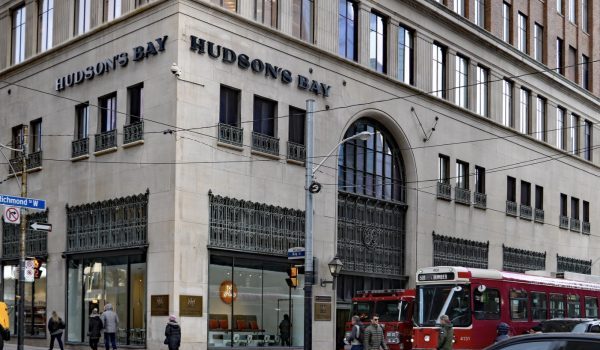The expat Canadian founder of global agency StrawberryFrog – which has offices in Amsterdam, New York and Mumbai – spoke with strategy about his new book, Uprising: How to Build a Brand and Change the World by Sparking Cultural Movements, which has made a few hot lists, including Newsweek. In it, he explores why the power of the people is suddenly prominent in our society, and how marketers need to jump on board.
You write about the Age of Uprisings. Can you explain that, and how it relates to our industry?
Depending on what day it is, you’re apt to find front-page stories of folks taking to the streets in Russia, Syria, Greece, India, you name it. Even in the U.S., we’ve seen the Occupy Wall Street movement.
Most people already know the story of how Invisible Children and the now-famous “Kony 2012” video sparked a movement that has rallied over 100 million people in just over a week. Putting aside the political aspects of this story to look at the marketing side of it, I have to wonder, how might this affect the way advertisers think about fundamental questions such as, what do we stand for? And who do we stand with?
If brands haven’t fully answered those questions, they’d better.
Today, if you do something that ticks people off, they have the will and the passion and the social media tools to wreak havoc on your brand or organization. And it may be in response to something you haven’t even done yourself – you may simply be associated, through advertising or some other form of support, with the offending party.
Unless the protesters are specifically targeting your business, it’s natural to think, “This new era of protest makes for lively news, but has nothing to do with my company or brand.”
Here’s a bullhorn alert: the new social unrest is everybody’s business, including yours and mine.
Uprisings can be a controversial topic. Do you expect backlash?
The book is about the new age we live in and potential to spark a movement that now lies within each of us. This is a scary thought for anyone in power. So, I can see why some people wouldn’t want Uprising to spread (I expect it to be banned in Syria).
Yet to me the bigger controversy is the thought that companies, and marketers in particular, can spark cultural movements. Aren’t movements supposed to be about noble causes and higher purposes – as opposed to selling stuff?
But I think movements, at least the kind that gather around positive, creative, dynamic ideas, can help build a better, fairer, more sustainable and interesting world. A movement can enable a company to form a stronger connection to the public. And yes, that certainly can translate into profit, though I think it can also have other effects that are less mercenary but no less important.
What should marketers take away from this?
I worry that the lesson they may take away from this is, “Stay away from outspoken people; don’t get involved in any issues; play it safe.” Trouble is, if you play it safe in today’s marketing environment, you won’t have crowds rising up against you – they’ll be too busy ignoring you.
That’s why I think, in these volatile times, brands need to develop movement strategies.
It starts with figuring out what your brand’s core values are. What are you for? What are you against? Traditionally, marketers have been reluctant to take a stand against anything because it can feel controversial or divisive. But the truth is, some of the boldest marketers have been doing this kind of thing successfully for quite a while (think of Apple, which in its early days came out strongly against conformity and the “Big Brother” world of computing). And today, more than ever, consumers are looking for brands that share their values and outlook.
Uprising is about the world we are living in. It’s about how you, an individual or a huge company, can spark a mass movement that accelerates your rise to dominance.























